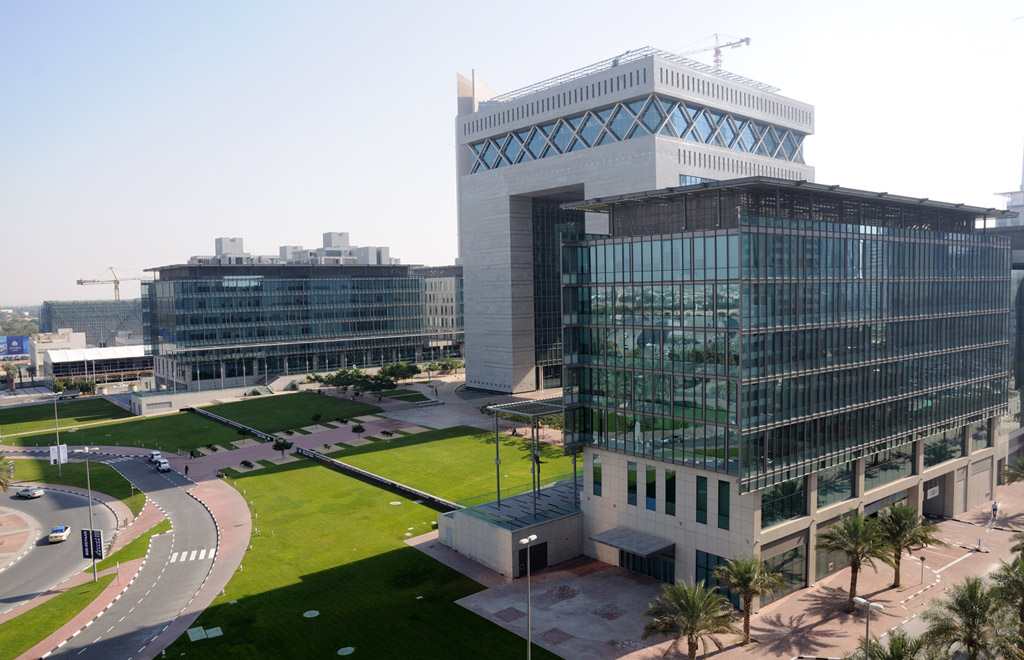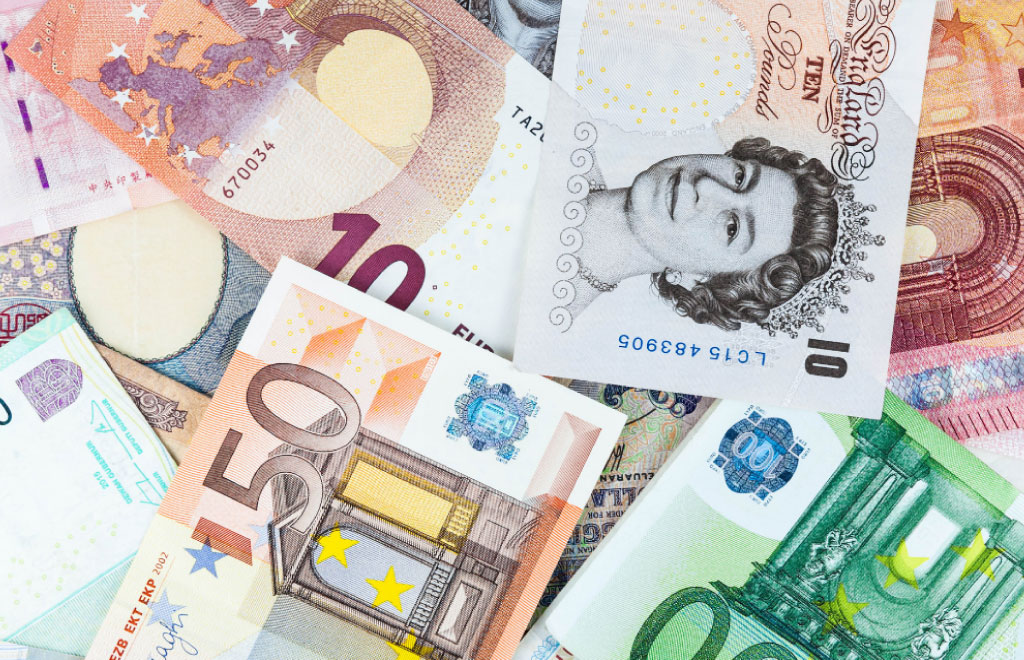Introduction
Liquidation can be defined as the winding up of a Company by selling off its assets to convert them into cash to pay off the firms unsecured creditors. The secured creditors take control of the respective pledged assets upon obtaining foreclosure orders. Any remaining amount is distributed among the shareholders in proportion to their shareholdings. It is an event that usually occurs when a company is insolvent, meaning it cannot pay its obligations when they come due.
Types of Liquidations
There are two types of liquidations in the United Arab Emirates.
- Voluntary Liquidation
In case of voluntary liquidation, the owners or shareholders of the firm decide that to close and wind up the Company as they do not have enough funds to pay off their creditors and other liabilities.
- Mandatory Liquidation
In case of mandatory liquidation, the liquidation order is put forward by the courts. It is not in the will of an owner or shareholders to liquidate their company. This usually occurs when a company fails to pay creditors multiple times. Because of this, creditors can file a request for the liquidation of a company.
Here the assets of the Company are distributed to the creditors and contributors based on the priority of their claims.
Roles and Duties of a Liquidator
A liquidator must be appointed in order to liquidate a Company in the UAE.
Below are 7 points that describe the role of a Liquidator.
- The liquidator appointed by a Company in its liquidation stage shall represent the Company in any litigation that may occur.
- The assets of the Company are sold by the liquidator in order to settle the debts of the Company.
- Certain debt is considered a priority, and these are settled before other debt. This mainly includes outstanding employees’ salaries.
- Once all debt has been settled, the remaining funds are distributed among the shareholders or the owner.
- In case the funds generated from the sale of the Company’s assets are insufficient to pay off the debts, the deficit will be adjusted against the share capital of the shareholders.
- The Statement of Affairs and Liquidation Report has to be prepared by the liquidator after conducting the necessary procedures.
- The liquidator would also be responsible to request for the removal of the Company from the Commercial Register.
Documents required for Liquidation of a Company in the UAE
- Copy of the license
- Memorandum of Association
- Shareholder’s Resolution to Liquidate the Company
- Power of Attorney
- Passport copies of all shareholders, along with Emirates ID’s
- Application for deregistration
- Statement of Affairs and Liquidation Report
- Letter from Labour and Immigration department that there are no visas.
To learn more about liquidation procedures in the United Arab Emirates, read Liquidations in the United Arab Emirates (Part 2)
For more information, Email us at mail@affiniax.com






